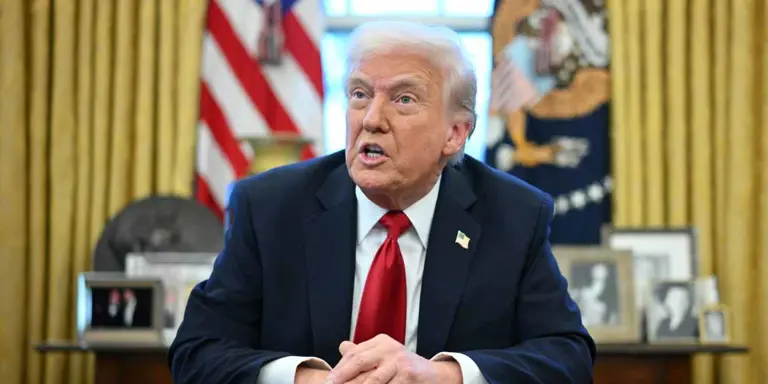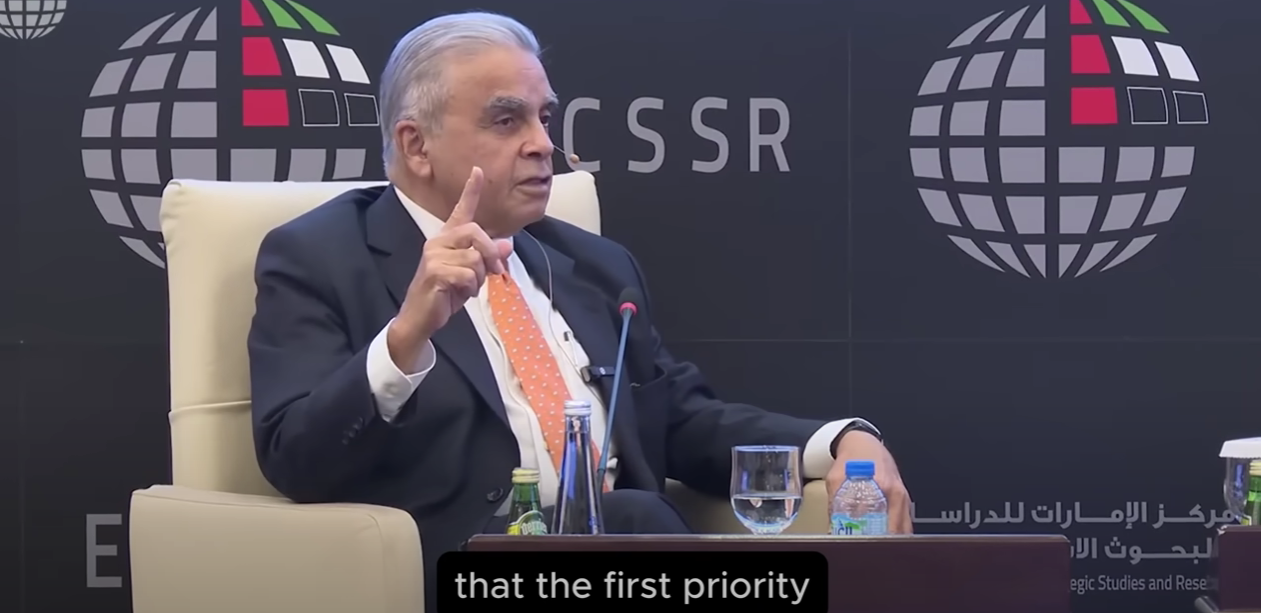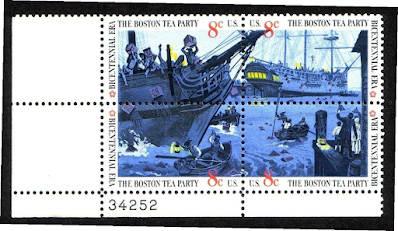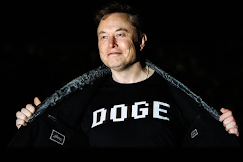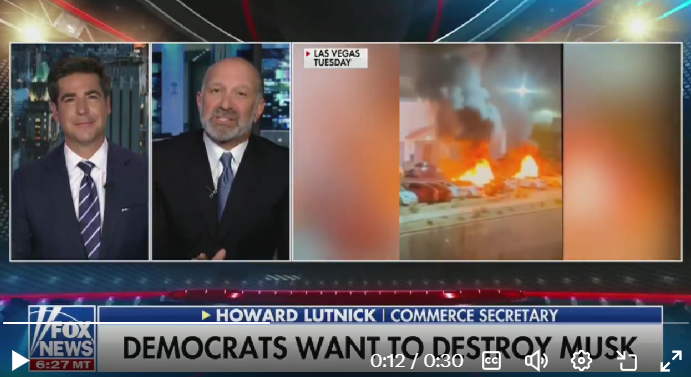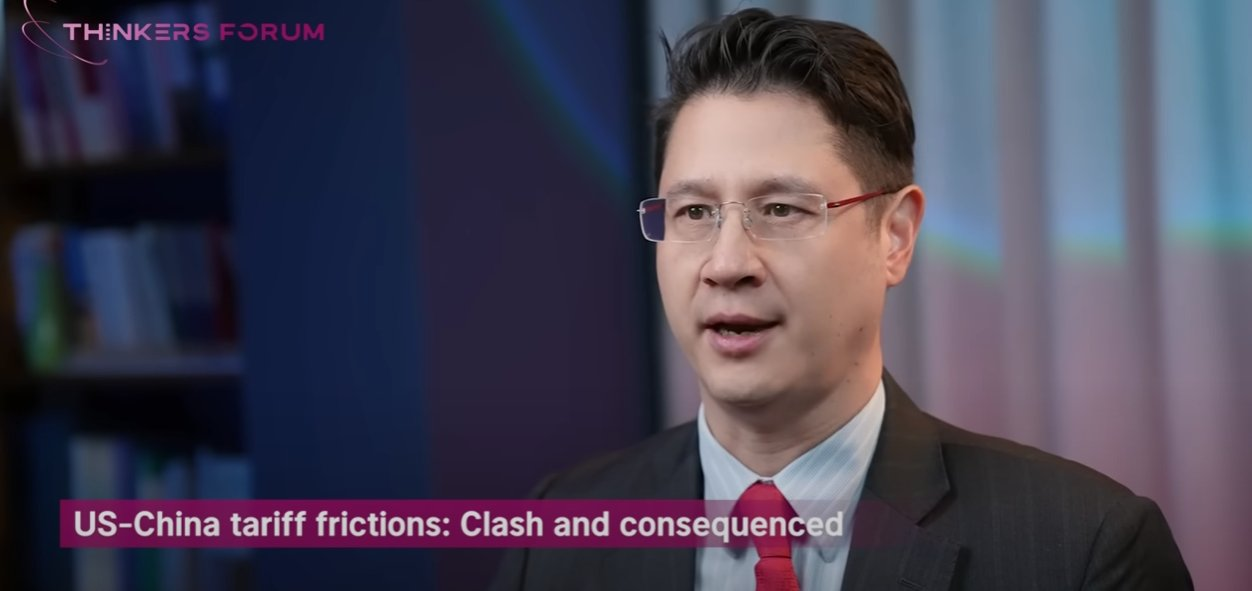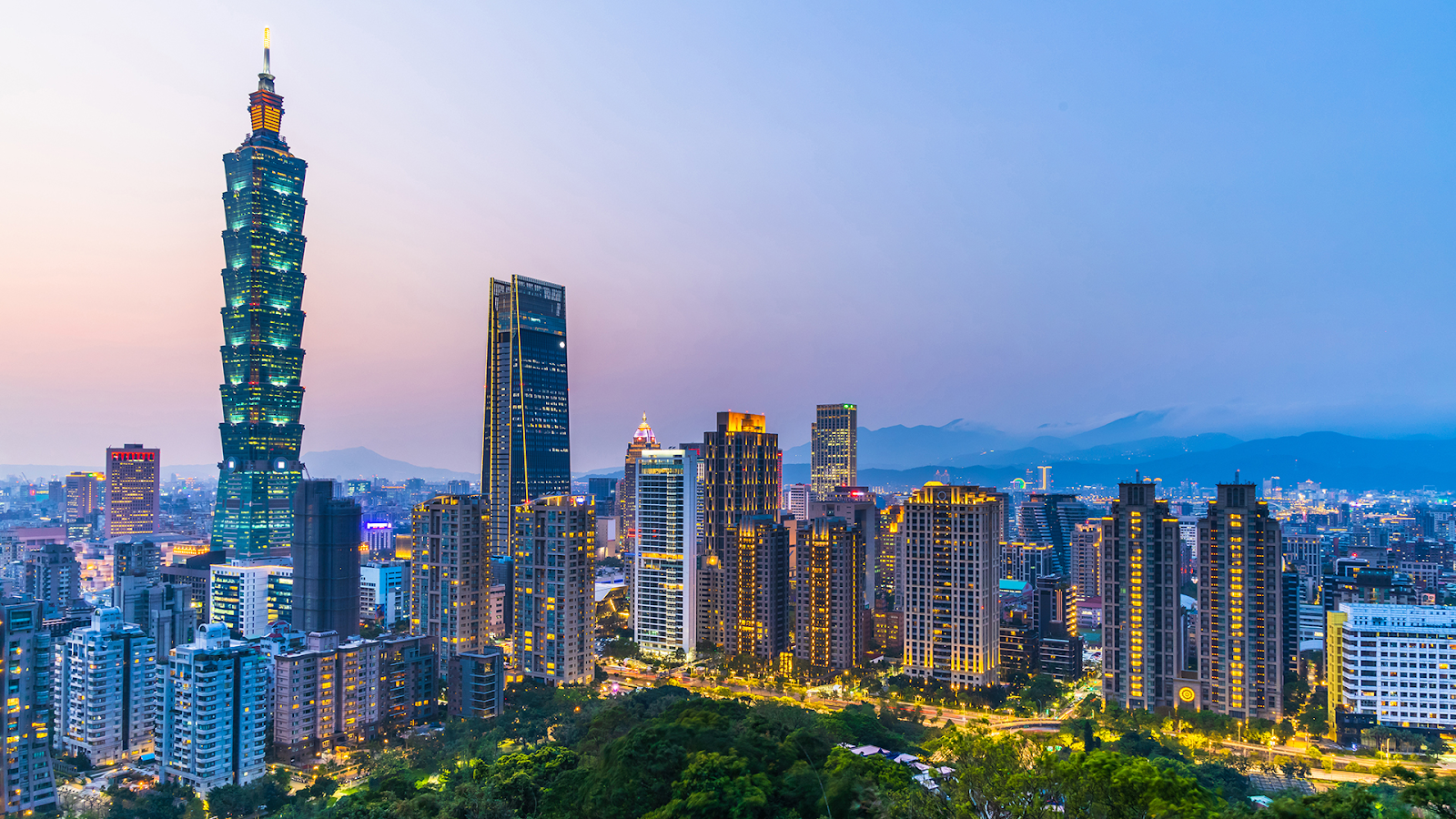I think out of necessity they [the Chinese] have to have a strategy. And they do have one. So for example, they ask themselves the obvious question: "Why did the United States successfully defeat the Soviet Union? Why?" And I must say, the one country that has studied the collapse of the Soviet Union more carefully than any country in the world is China because China knows that the dream of the United States is to make China the second Soviet Union that collapses.
So how does China prevent a collapse? First point, the Soviet Union didn't collapse because of external pressures; it collapsed because of internal weaknesses. And so China realizes, "To make sure I survive, I must have a very strong dynamic economy and strong dynamic society." [...]
So the Chinese know that the first priority is to make sure your economy is strong and your society is strong, which is why they're massively educating their people and growing their economy, so that they don't become a second Soviet Union.
The second thing that the Chinese learned from the collapse of the Soviet Union was that the United States succeeded because it managed to get a lot of the neighbors of the Soviet Union to join the containment policy everywhere: Western Europe, Japan, South Korea, both ends of the Soviet Union. So what did the Chinese do? The Chinese launched a preemptive strike against a containment policy by making sure that its neighbors depended on the Chinese economy.
I'll give you a simple example. Singapore is part of Southeast Asia and we are part of an organization called ASEAN and ASEAN started as a pro-American organization. In fact, when ASEAN was created on August 8th, 1967, both the Soviet Union and China denounced the creation of ASEAN as a pro-American organization. It's true, ASEAN was pro-American, pro-Western. And what was stunning was that even though ASEAN was pro-American, pro-Western and we had longer dialogues with the United States, European Union, Australia, Japan, everybody, none of our Western friends proposed a free trade agreement to ASEAN. The first country to propose a free trade agreement to ASEAN was China in 2001.
And the impact of that China-ASEAN agreement was phenomenal. Because in the year 2000..., ASEAN's trade with the United States was $135 billion and our trade with China was only $40 billion. So U.S. trade was more than 3 1/2 times what China's trade with ASEAN was. But as a result of the free trade agreement, by 2022, even though ASEAN's trade with the United States has gone from $135 billion to $450-500 billion, an increase of over three times, China's trade with ASEAN went from $40 billion to $975 billion dollars, almost $1 trillion dollars, the world's largest trading relationship in 2022! So there's no way ASEAN can join a containment policy against its largest trading partner, right? It's crazy.
~ Professor Kishore Mahbubani, "
Kishore Mahbubani REVEALS China's Strategy to Counter USA,"
Rise of China, 6:35 mark, March 25, 2025
(The Association of Southeast Asian Nations was established in 1967 by Singapore, Thailand, Malaysia, Indonesia and the Philippines. It has since been joined by Brunei, Vietnam, Laos, Myanmar and Cambodia.)
